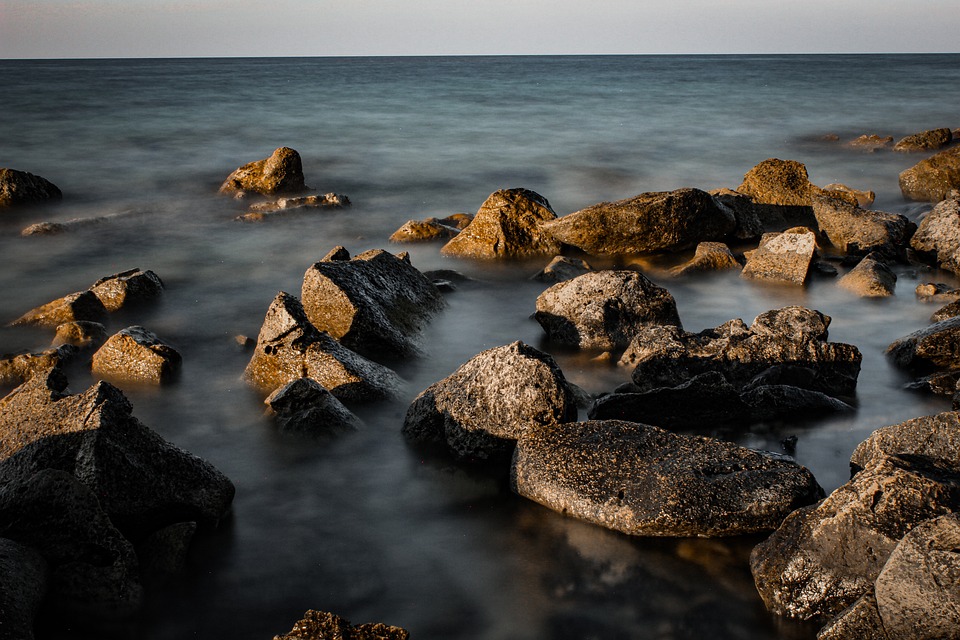The Evolution of Ocean Colour Scene: From Britpop Icons to Modern Rock Legends
Ocean Colour Scene is a British rock band that emerged in the 1990s as part of the Britpop movement. With their distinct sound and catchy tunes, they quickly gained a loyal following and became icons in the British music scene. Over the years, Ocean Colour Scene has evolved and transformed their sound, solidifying their place as modern rock legends.
Britpop Beginnings
Ocean Colour Scene was formed in Birmingham, England in 1989 by lead vocalist Simon Fowler, guitarist Steve Cradock, bassist Damon Minchella, and drummer Oscar Harrison. Influenced by bands like The Beatles, The Rolling Stones, and The Who, Ocean Colour Scene embraced a retro rock sound with a modern twist.
In the early 1990s, Ocean Colour Scene became associated with the Britpop movement, a British music genre that emerged as a response to grunge and alternative rock. Their debut album, “Ocean Colour Scene,” was released in 1992 and featured hits like “Sway” and “Do Yourself a Favour.” The album received critical acclaim and established Ocean Colour Scene as one of the leading bands in the Britpop scene.
Rise to Fame
Ocean Colour Scene’s second album, “Moseley Shoals,” released in 1996, catapulted them to fame. The album featured hit singles like “The Riverboat Song” and “The Day We Caught the Train,” which became anthems for a generation. “Moseley Shoals” topped the UK charts and garnered widespread praise for its catchy melodies and heartfelt lyrics.
As Ocean Colour Scene’s popularity soared, they toured extensively and played sold-out shows across the UK and Europe. Their energetic live performances and infectious enthusiasm endeared them to fans and solidified their reputation as a must-see live act.
Evolution of Sound
As the Britpop era faded in the late 1990s, Ocean Colour Scene began to experiment with their sound and explore new musical directions. Their third album, “Marchin’ Already,” released in 1997, showcased a more mature and diverse sound, incorporating elements of soul, blues, and Americana into their rock repertoire.
With tracks like “Hundred Mile High City” and “Travellers Tune,” Ocean Colour Scene demonstrated their versatility and willingness to push boundaries. The album received critical acclaim and continued their streak of success in the charts.
Over the years, Ocean Colour Scene continued to evolve their sound, incorporating electronic elements and experimental twists into their music. Albums like “One from the Modern” (1999) and “Mechanical Wonder” (2001) showcased their artistic growth and willingness to take risks.
Modern Rock Legends
Today, Ocean Colour Scene is regarded as modern rock legends, with a dedicated fan base and a reputation for delivering electrifying live performances. Their timeless hits like “The Day We Caught the Train” and “Hundred Mile High City” still resonate with audiences and remain staples in their setlists.
Ocean Colour Scene’s enduring popularity is a testament to their lasting influence on the British music scene. With over three decades of music-making under their belts, they continue to inspire new generations of fans and artists.
In recent years, Ocean Colour Scene has released new music and embarked on successful tours, proving that they still have plenty of creative energy left to share with the world. Their latest album, “Painting,” released in 2013, received positive reviews and showcased their ongoing commitment to crafting compelling tunes.
Conclusion
The evolution of Ocean Colour Scene from Britpop icons to modern rock legends is a testament to their staying power and musical prowess. With their catchy tunes, heartfelt lyrics, and energetic performances, they have solidified their place in the pantheon of British rock royalty.
As they continue to push boundaries and explore new musical horizons, Ocean Colour Scene remains a dynamic force in the music industry, inspiring fans and fellow artists alike. From their humble beginnings in Birmingham to their rise to fame in the Britpop era and beyond, Ocean Colour Scene has proven time and time again that great music knows no bounds.
